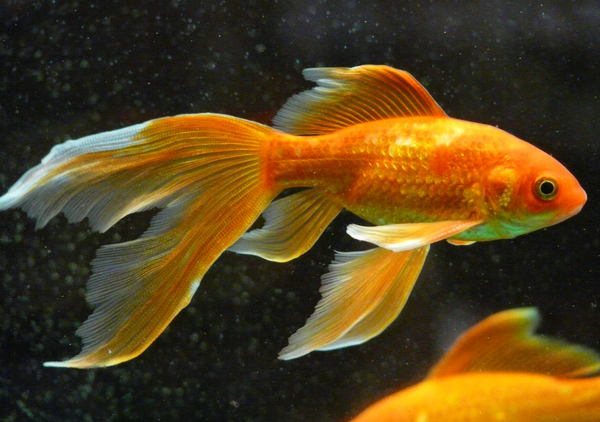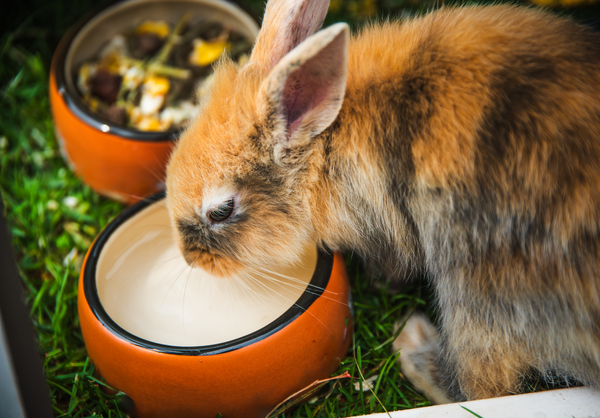Chances are your feathered parrot friend comes from a warm, rainforest climate in the wild. Up here in Canada, where winters are cold and the weather is unpredictable, us bird owners need to be prepared for the change of environment the winter months bring.
Proper Lighting
As the days get shorter and shorter as winter progresses, your bird should be compensated with supplemental lighting. Researchers have found that most birds benefit from UVB (ultraviolet - B) lighting. LED lights are a very poor choice as they do not project any UV rays, and offer no helth benefit. Exposure to UVB found in natural sunlight allows birds to synthesize vitamin D3 in their skin. By having a proper UVB bulb & fixture set over the cage (hooked up to a timer), you can simulate natural sunlight over the winter months, and really all year round if your parrot does not have access to sunlight. Pisces recommends: Zoo Med Avian Sun 5.0 UVB Bulb. UVB light does not emit far from the source, your parrot should be within 1 foot of the light source to benefit from the rays. Remember to replace your bulb every fall! Even though light will continue to shine, the UVB output has a limited lifespan and must be replaced.
Humidity
Exotic birds come from humid environments and do not do well in dry, arid conditions. This hold true year round but can get much worse in the winter when the air is dry. When the heating system in your home is cranking out the warm air, your humidity levels inside can plummet. First and foremost, keep a humidifier in the same room that your parrot cage is in. A humid environment is necessary to prevent respiratory problems, discomfort, proper molting, and stimulate natural preening instincts. Parrots love nothing more than a nice shower. Giving your feathered friend a misty shower 1-3 times per day will provide a refreshing burst of H20. Remember to always spray earlier in the day, your bird should be completely dry before roosting for the night. Pisces recommends: Ecotrition Bird Bath Spray. Keep an eye on your homes ambient temperature, if it is too low, you may need to invest in a heat lamp.
Diet & Nutrition
 It is not uncommon for your bird to become stressed during the winter. Seasonal stress in your bird can be caused by a change in natural lighting, dip in humidity or temperature, change of routine or even just as an instinct to the season. When your bird is dealing with stress they may have a decreased appetite and not get the nutrients it needs. To help combat this, try broaden the spectrum of your parrots diet. Diversify your parrots diet with high protein formula pellets to help through the winter. Birds love seeds because of the high fat content but do no provide adequate nutrition on their own. Pisces recommends: Tropican High Performance Formula for its high levels of protein, vitamins and omega fatty acids that promote feather & muscle development.
It is not uncommon for your bird to become stressed during the winter. Seasonal stress in your bird can be caused by a change in natural lighting, dip in humidity or temperature, change of routine or even just as an instinct to the season. When your bird is dealing with stress they may have a decreased appetite and not get the nutrients it needs. To help combat this, try broaden the spectrum of your parrots diet. Diversify your parrots diet with high protein formula pellets to help through the winter. Birds love seeds because of the high fat content but do no provide adequate nutrition on their own. Pisces recommends: Tropican High Performance Formula for its high levels of protein, vitamins and omega fatty acids that promote feather & muscle development.
Spend Time Together
A distracted bird is a happy bird! Spending time to play and interact with your parrot even more then your typical schedule will help prevent your parrot from getting cabin fever. Watch for stereotypical behaviors such as pacing, toe tapping, and head swinging. These motions are harmless, but is an indication that your bird is very bored and trying to stimulate itself. Since there isn't much to do in the frigid Canadian winter together, use this time to train and practice basic command or speech. This is a great way to bond and keep your parrot entertained, with a nice payoff in the end!




